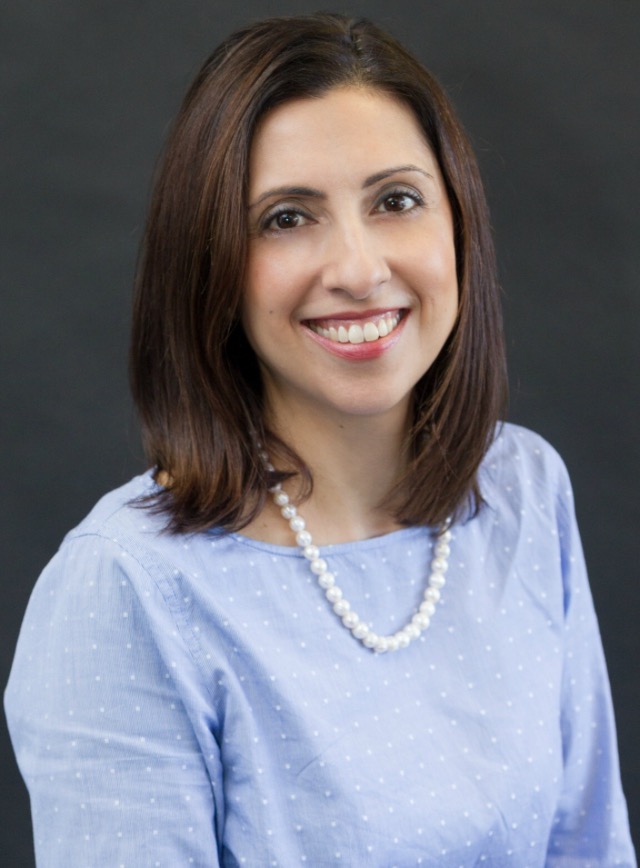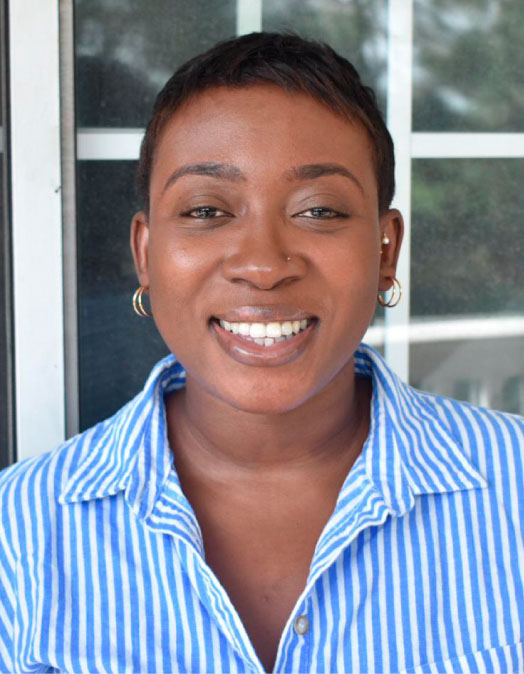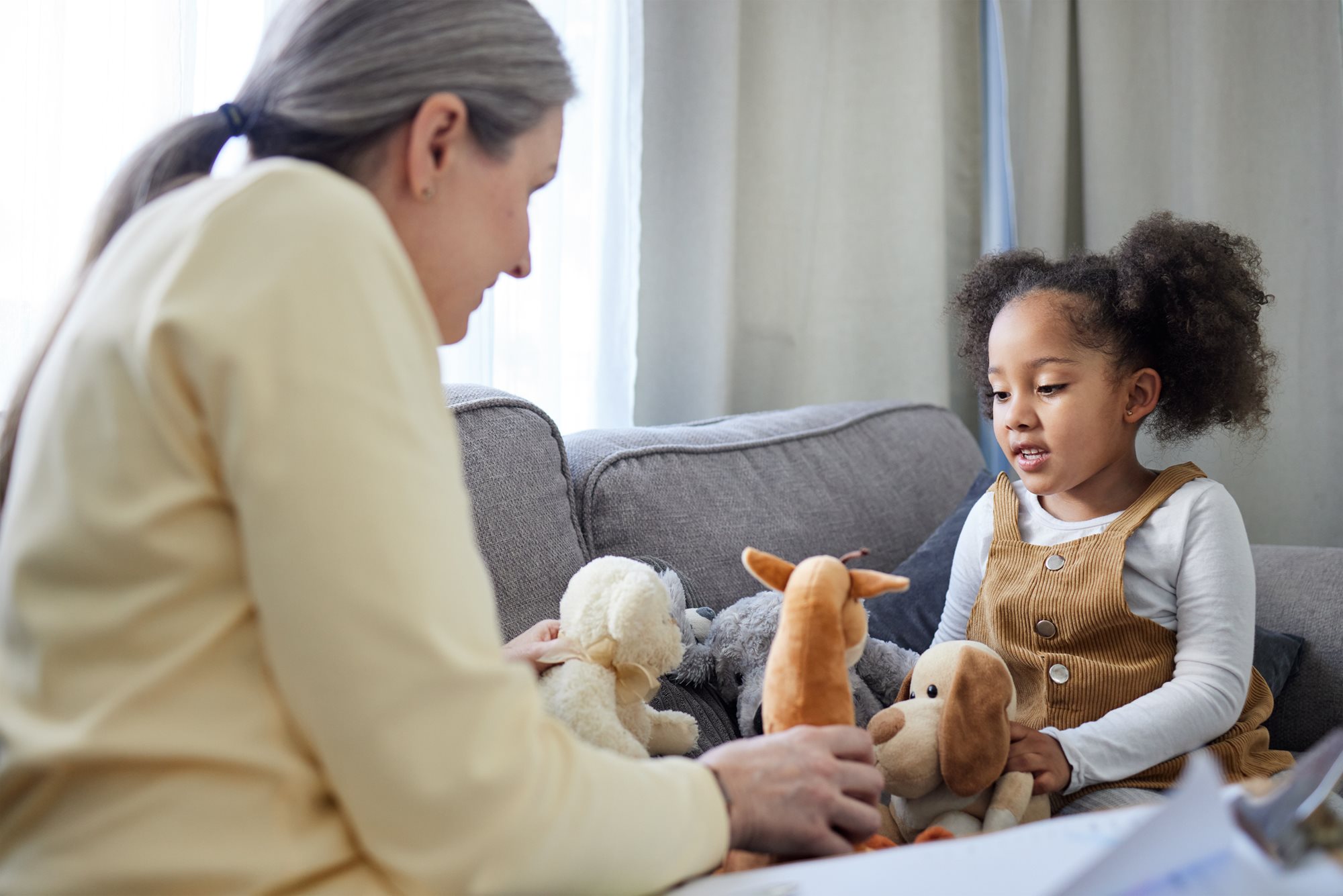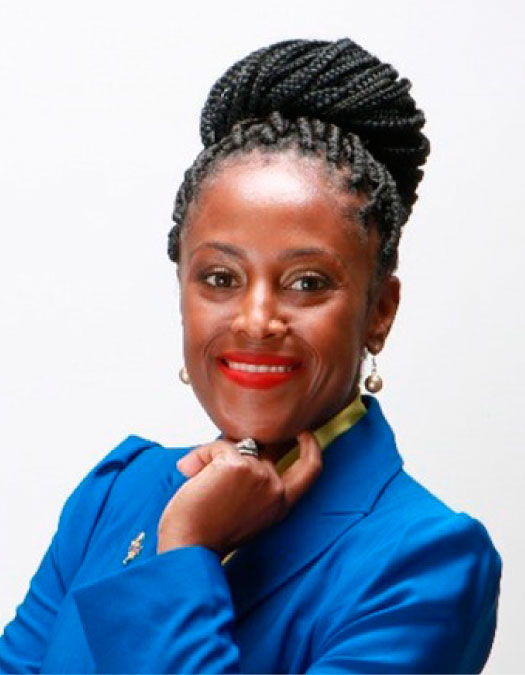Leveraging telehealth to provide equitable pediatric mental health care
 Rosalinda SaucedoFor children and adolescents in rural areas, getting treatment for mental and behavioral health issues can take months – or even longer. According to the American Psychological Association, half of children in the United States who have a mental health disorder do not receive needed treatment, and at least 80 percent of counties in the United States have no child or adolescent psychologists. If families are able to connect with a specialist, barriers such as cost, travel time, and wait lists may hinder access to care.
Rosalinda SaucedoFor children and adolescents in rural areas, getting treatment for mental and behavioral health issues can take months – or even longer. According to the American Psychological Association, half of children in the United States who have a mental health disorder do not receive needed treatment, and at least 80 percent of counties in the United States have no child or adolescent psychologists. If families are able to connect with a specialist, barriers such as cost, travel time, and wait lists may hinder access to care.
But just because mental health care providers aren’t accessible doesn’t mean young people will stop needing help. When facing anxiety, depression, or other concerns, rural children and adolescents will often present to their primary care physician, who may lack the knowledge and resources to provide appropriate care.
To help fill these gaps, the American Academy of Pediatrics (AAP), a national medical association representing 67,000 pediatricians across the United States, established the National Rural Adolescent and Child Health (NRACH) ECHO Training Center in 2022 with funding support from the Health Resources and Services Administration Office for the Advancement of Telehealth.
"Some of the challenges unique to rural health care providers include a lack of mental health resources and limited capacity to address emerging pediatric health issues and deliver specialized care." – Rosalinda Saucedo |
“Our pediatrician members are seeing the crisis of child and adolescent mental health in their practice, especially since 2021 when the AAP, the American Academy of Child and Adolescent Psychiatry, and the Children’s Hospital Association together declared a national state of emergency in children’s mental health,” says Rosalinda Saucedo, AAP rural health program manager. “Some of the challenges unique to rural health care providers include a lack of mental health resources and limited capacity to address emerging pediatric health issues and deliver specialized care.”
 Oyin OloniniyiAAP sought to leverage technology to increase equitable access to high-quality pediatric health care for all children. The NRACH ECHO Training Center was established to ensure children and adolescents in rural and frontier communities have access to pediatric mental and behavioral health services and high-quality pediatric care.
Oyin OloniniyiAAP sought to leverage technology to increase equitable access to high-quality pediatric health care for all children. The NRACH ECHO Training Center was established to ensure children and adolescents in rural and frontier communities have access to pediatric mental and behavioral health services and high-quality pediatric care.
The center leverages AAP’s role as a national pediatric superhub for Project ECHO, an evidenced-based learning community model that supports virtual medical education and mentoring to help expand provider skillsets by moving knowledge to where people are. By hosting virtual training programs geared toward anyone who works with pediatric patients, the training center helps providers build capacity and improve health outcomes and quality of life for young people in their community.
“Seeing the gaps that existed in mental health and pediatric care, we wanted to take the resources and information we have at the AAP and disseminate it to providers so they can feel more confident in their knowledge and their skills,” says Oyin Oloniniyi, AAP ECHO initiatives program manager. “This ECHO training center was born out of the need to support providers and connect them to experts who can help them serve their patients until they can connect with specialists.”
"This ECHO training center was born out of the need to support providers and connect them to experts who can help them serve their patients until they can connect with specialists." – Oyin Oloniniyi |
The ECHO model has been around since 2003 and utilized in some capacity in more than 100 countries and on every continent. The goal of ECHO is to create knowledge networks by using telehealth technology to connect specialty providers and subject matter experts with care teams in rural and underserved areas. At AAP, ECHO programs include didactic learning, case studies, and quality improvement protocols, as well as discussion between faculty and participants. AAP also offers technical assistance to organizations interested in becoming an ECHO hub.
“It’s been really nice to see the participants get more comfortable with the ECHO model,” Oloniniyi says. “The ECHO format helps us see their growth. Our faculty are also learning from our participants. Rural health care providers have to be innovative and creative to wear the many hats that they do. Our participants get so much from our faculty, and our faculty learns just as much from the participants.”
 |
“They enjoy the discussions. They learn from each other,” adds Erika Davis, AAP program evaluation manager. “That is the most impactful part – they’re able to ask each other questions about how they do things. Their knowledge and their ability to apply some of these skills has improved across the board. And three to six months later, they say they are continuing to use our resources and stay connected.”
 Erika DavisTo ensure participants achieve maximum benefit, AAP staff spent the project’s first year conducting needs assessments among about 400 pediatric clinicians to determine their top training needs. According to Davis, frequently cited topics included trauma-informed care, eating disorders, anxiety and depression, substance use screening, supporting mental health for LGBTQ+ populations, integrating mental health care into practice, gender identity, and sexual and reproductive health.
Erika DavisTo ensure participants achieve maximum benefit, AAP staff spent the project’s first year conducting needs assessments among about 400 pediatric clinicians to determine their top training needs. According to Davis, frequently cited topics included trauma-informed care, eating disorders, anxiety and depression, substance use screening, supporting mental health for LGBTQ+ populations, integrating mental health care into practice, gender identity, and sexual and reproductive health.
“We learned a lot, and along the way we have been aligning our trainings with those needs assessments and post-program surveys,” Davis says. “As an evaluator, it makes me very happy to see we are addressing everything pediatricians and pediatric health clinicians have stated that they needed. Sometimes programs aren’t aligned with needs, but this is one program that’s very intentional.”
The AAP team attributes the success of the program to a shared mission that seeks to leverage technology to increase equitable access to highquality pediatric health care for all children. Collaborating across different settings and engaging non-physician providers has allowed the NRACH program to reach a broad range of health care professionals. Since the program’s inception, NRACH has worked with providers at 112 organizations across the country.
"As an evaluator, it makes me very happy to see we are addressing everything pediatricians and pediatric health clinicians have stated that they needed." – Erika Davis |
Going forward, Oloniniyi says AAP aims to amplify the impact of the NRACH ECHO Training Center and engage more participants, as well as identify more partners and emerging topics they can address. She encourages anyone who wants to learn more about ECHO to get in touch.
“Anyone who is interested can contact us – we are happy to talk about the ECHO methodology and how they can use it,” she says. “It can engage a specific population and help them spread knowledge and skills. A simple conversation is a great way to start.”
Learn more about the NRACH ECHO Training Center.
